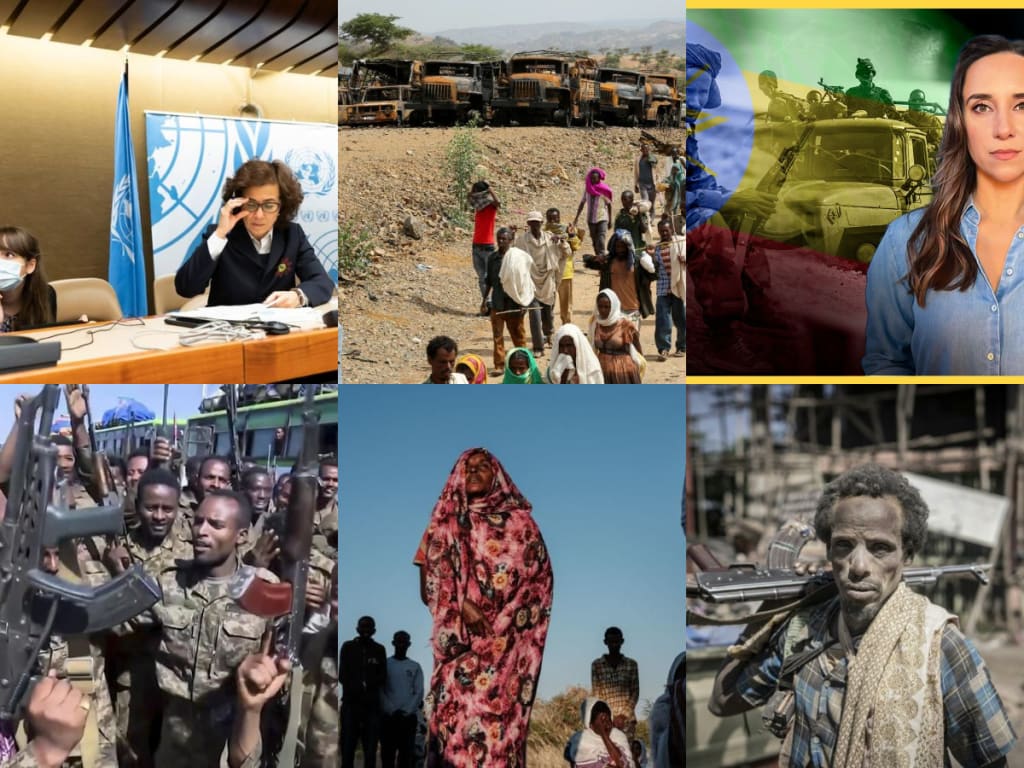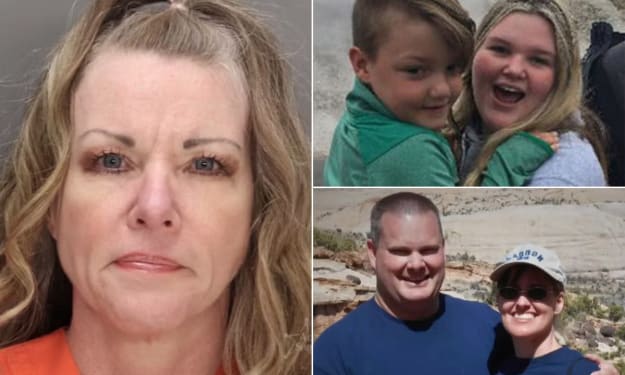The United Nations Human Rights Council has ordered an investigation into human rights violations in Ethiopia's conflict.
The Ethiopian government expresses its disappointment and vows not to cooperate with international investigators.

Despite predictions of impending "generalized violence, " the United Nations Human Rights Council has voted to initiate an international probe into crimes in Ethiopia's 13 - month conflict.
Despite objections from Ethiopia's government, which accused the UN body of being used as a " political pressure instrument " and threatened not to comply , the resolution , presented by the European Union and backed by Western states, passed on Friday.
The result was 21 in favor , 15 against , including China and Russia, and 11 abstentions at the 47-member Geneva forum .
The African Group had also urged for the resolution to be voted down, claiming that the proposed investigating process was "counterproductive and likely to escalate tensions ." Six African countries , including Senegal and Sudan, defied convention and voted no.
According to the resolution, a three-member expert panel would have a year to " establish the facts and circumstances underlying the alleged violations and abuses, collect and preserve evidence, and identify those responsible."
Earlier, UN deputy rights director Nada al-Nashif told the council that the UN was still receiving " reliable reports " that all sides in the battle between government forces and fighters from northern Tigray were committing grave human rights crimes.
Al-Nashif cautioned that the possibility of " growing hostility, violence, and discrimination" in Ethiopia is "very high," and that this might lead to "generalized violence, [with] huge ramifications, not just for millions of Ethiopians, but also for people across the region."
Under a state of emergency and its " excessively broad provision " imposed by the government last month, an estimated 5,000 to 7,000 people are arrested, including nine UN workers.
In a later statement, the government stated that it "would not participate with the established system forced on it without its approval."
"No more double standards, unilateral coercive actions, or meddling in domestic issues under the guise of human rights," it stated, adding that it was "very unhappy."
Ethiopian authorities have initiated their own investigation into the offenses, as well as participating in a joint inquiry by the UN Rights Office through Ethiopia's human rights commission.
The joint investigation found last month that all parties may have committed probable war crimes and crimes against humanity during the conflict that erupted in November 2020.
The UN High Commissioner for Human Rights, Michelle Bachelet, raised worry at the time about Ethiopian government institutions' "troubling lack of transparency" during the investigation.
"Accountability is a core concern of our findings," the UN official added, urging for an independent investigation.
In reaction to the report, Ethiopia's ambassador stated the government has formed a "inter-ministerial task force."
In a statement released this week, the government-created Ethiopian Human Rights Commission acknowledged that encouraging the joint investigation to continue had "value added," but said the creation of a new body "is repetitive, counterproductive to ongoing implmentation processes, and further delays redress for victims and survivors."
The approval of the resolution was welcomed by the EU representation to the United Nations in Geneva. "A number of these transgressions may amount to crimes against humanity," it added in a statement, "and urgently require further investigations by independent experts."
According to UN estimates, Ethiopia's violence has killed thousands of people, displaced over two million people, and driven hundreds of thousands to the verge of hunger.
Irregular incarceration has been reported by ethnic Tigrayans across the country, while residents in Tigray have claimed gang rapes, human-caused hunger, and mass expulsions.
After pushing the war into Ethiopia's neighboring Amhara and Afar areas in recent months, the Tigrayan forces have been accused of a growing number of crimes, including killings and rapes.
About the Creator
Enjoyed the story? Support the Creator.
Subscribe for free to receive all their stories in your feed. You could also pledge your support or give them a one-off tip, letting them know you appreciate their work.





Comments
There are no comments for this story
Be the first to respond and start the conversation.